And like that it’s over. Thirty-six days of the federal election campaign have come and gone. Canadians have heard from the various parties for more than five weeks and finally had their say. The anti-climatic finish seems fitting for a mostly anti-climatic campaign.
It feels like mere days ago that Prime Minister Justin Trudeau was standing at a podium at Rideau Hall talking about how we found ourselves at a “really important moment in Canada’s history.” Events subsequently conspired to broadly conform to his early election framing.
The ensuing days and weeks were indeed highly eventful including the rise of a fourth wave of the COVID-19 pandemic, Afghanistan’s collapse into chaos, recriminations over abortion, guns, and health care, an economic contraction and an inflation spike, and Canada’s exclusion from a new Anglosphere partnership on defence and security.
Yet, notwithstanding these major developments, one would be hard pressed to argue that the election campaign was defined by high-minded debate and strategic thinking on these fundamental issues. If the country actually finds itself in a “pivotal, consequential moment” as the prime minister described, Canadians could be forgiven for failing to understand the gravity of our circumstances or the competing ideas on offer to address them. Instead we got laundry lists of policy promises undergirded by a multi-partisan consensus in favour of rising government spending and long-run deficits and debt.
The Liberal campaign, in particular, was cynical and crass. Gone was the aspiration and energy of the extraordinary 2015 election. In its place was a campaign that stumbled from one wedge issue to another in search of any semblance of purpose. Notwithstanding the ultimate outcome, it’s hard to think that Prime Minister Trudeau feels good about his campaign’s highly-divisive tenor and tone. So-called “sunny ways” were replaced by an abject expression of desperation and negativity.
Although his “petulance and gloom” was undoubtedly about achieving partisan advantage, it inadvertently matched the mood of the country and became the campaign’s overall theme. This wasn’t a campaign about ideas, issues, or arguments. The 2021 federal election campaign was an exercise in anger and frustration.
As pollster Darrell Bricker tweeted in mid-August:
“The best word to describe Canadian voter opinion right now is brittle. It is a combination of anxiety, uncertainty and frustration. It has the potential to shatter. After many months of stability things are beginning to stir.”
He may have been slightly off on the actual election results, but Bricker’s read on the public’s “anxiety, uncertainty, and frustration” captured something happening below the surface of Canadian society. He recognized that Canadian governments’ (both federal and provincial) ongoing COVID-19 responses were the subject of a lot of pent-up skepticism and criticism within the general public.
A perceived loss of agency — a sense that we’ve effectively lost control of our lives — was at the backdrop of this attenuated campaign.
This anger and frustration spilled into the campaign in the form of regular protests following the Liberal Party leader’s campaign stops, the surprising and sustained support for the People’s Party, and the wedge politics practiced by the Liberals.
Journalists and pundits spent most of the campaign debating what had Canadians seemingly so angry. Was it the pandemic lockdowns? Or vaccine passports? Or something else altogether?
Recent polling for The Hub points to the practical and psychological effects of living with pandemic-induced uncertainty. The poll, conducted on our behalf by Public Square Research and Maru/Blue, asked Canadians whether they thought the worst of the COVID-19 pandemic was over or still yet to come. Nearly half of respondents (47 percent) said that they don’t know what the future holds.
This perceived loss of agency — a sense that we’ve effectively lost control of our lives — was at the backdrop of this attenuated campaign. It seems clear in hindsight that policymakers have underestimated how deeply the pandemic’s alienation and uncertainty have affected people.
Emergency programs such as the Canada Emergency Relief Benefit could mostly solve for people’s material needs. But no amount of government spending could substitute for lost child care, postponed weddings, delayed office re-openings, uncertain employment prospects, or ongoing distance from loved ones. The practical and psychological effects of these losses are both ongoing and immeasurable.
It’s almost as if some Canadians didn’t fully realize how much this alienation and uncertainty was affecting them until they were given an opportunity to express themselves in an election campaign. Then their feelings of anger and frustration suddenly came pouring out in a paroxysm of passion, protests, and populist politics.
Although the top policy priority of the incoming government will be to steer the country through the pandemic, its overarching goal must be to restore people’s sense of control over their own lives. This will require a rejection of petulance and gloom and a renewed commitment to a positive-sum, future-oriented vision for the country.
With the campaign now over, The Hub will return to its main goal of being a catalyst for ideas and debates for such a vision for Canada. Over the coming days, we will publish mandate letters for the incoming cabinet ministers that set out a series of bold policy prescriptions that would cumulatively tilt Canadian politics towards a different and better future.
The best antidote to anger and frustration is aspiration and purpose. The campaign has demonstrated how urgently Canada’s body politic needs such a remedy. There’s no time to waste. It’s time to get to work.
Recommended for You

Tale of two provinces: Alberta gains jobs as Ontario loses 67,000 positions
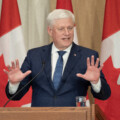
Stephen Harper got the big things right: The Weekly Wrap
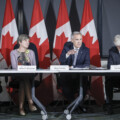
Carney’s energy superpower talk isn’t cutting it—we need action

2 in 3 Canadians would rather be born in 1950 than in 2026
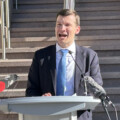
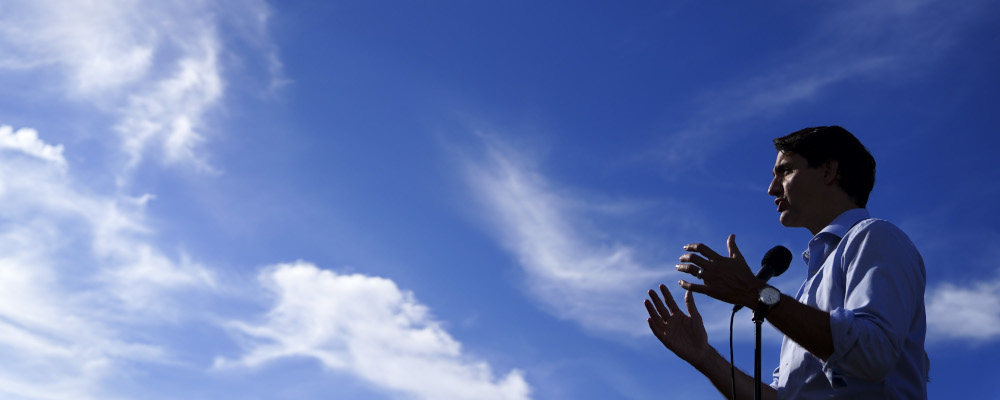

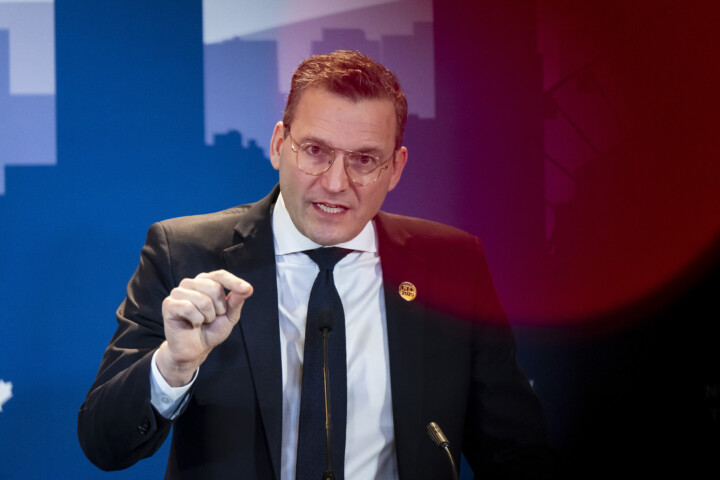

Comments (0)